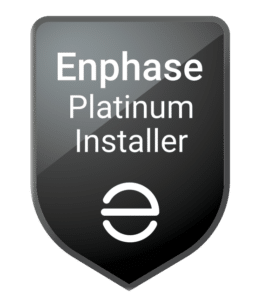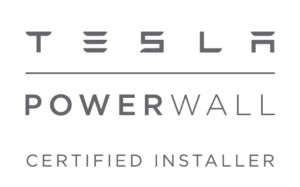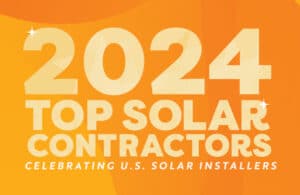As renewable energy continues to gain popularity, many homeowners in Massachusetts are considering solar power as a viable option to reduce their carbon footprint and save on their electricity bills. However, navigating the solar landscape can be overwhelming without proper guidance. That’s why we’ve compiled a comprehensive homeowner’s guide to solar in Massachusetts. Below we cover everything from incentives and regulations to choosing the right solar system for your home.
- Understanding Solar Energy in Massachusetts:
Massachusetts is a great state for solar energy due to its favorable solar policies and strong commitment to renewable energy. Solar power systems harness sunlight and convert it into electricity, providing clean and sustainable energy for your home. By installing solar panels, homeowners can significantly reduce their reliance on fossil fuels and contribute to a greener environment. - Incentives and Rebates:
Massachusetts offers several incentives and rebate programs to encourage homeowners to adopt solar power. Most homeowners will benefit from the Renewable Energy Certificate (REC) program, which incentivizes solar energy generation. Other incentives include the federal solar tax credit (ITC), which allows homeowners to claim a percentage of their solar installation costs as a tax credit. The percentage is currently at 30% and will start to decrease in 2030. - Net Metering:
Net metering is an essential aspect of solar energy in Massachusetts. It allows homeowners to earn credits for the excess solar electricity they generate and send back to the grid. These credits can then be used to offset the electricity a home consumes from the grid during times when the solar panels are not producing enough energy, such as at night or during cloudy days. - Choosing a Solar Installer:
Selecting the right solar installer is crucial to a successful and efficient solar installation. Look for licensed, experienced, and local solar installers who have a proven track record in your community. Don’t hesitate to ask for references and check their credentials before making a decision. - Solar Panel Financing:
Financing options for solar installations in Massachusetts include cash purchases, leasing, and solar loans. Each option has its own advantages and considerations. Cash purchases provide the greatest long-term savings, while solar loans allow homeowners to spread out the cost of installation. Consider your financial situation and goals when choosing the financing option that suits you best. While leasing your system is another option, My Generation Energy doesn’t offer leasing programs. Find out why we don’t think solar leases are the best option for homeowners here. - Permits and Regulations:
Before installing solar panels, familiarize yourself with local permits and regulations. In Massachusetts, solar projects require both building permits and electrical permits. Additionally, homeowners’ associations (HOAs) might have specific guidelines regarding solar panels. Ensure compliance with all necessary permits and regulations to avoid any potential issues during and after installation.
My Generation Energy takes care of all the necessary interconnection, historical, and permitting applications for all of our projects. Our goal is to make sure that our customers aren’t burdened with navigating complicated paperwork.
Going solar in Mass. is an excellent choice for homeowners looking to reduce their carbon footprint and save on energy costs. By understanding the incentives, regulations, and financing options available, you can make an informed decision and choose the right solar system for your home. Remember to research reputable solar installers ahead of time, and don’t forget that you can optimize your system’s energy production through net metering (and enjoy the benefits of clean, renewable energy for years to come!).
Are you thinking about installing solar at your home or business? My Generation Energy has been installing the highest quality solar design and installation on Cape Cod, the South Shore, South Coast and Greater Boston area since 2008.





